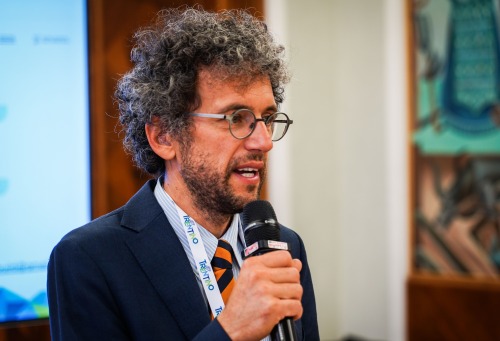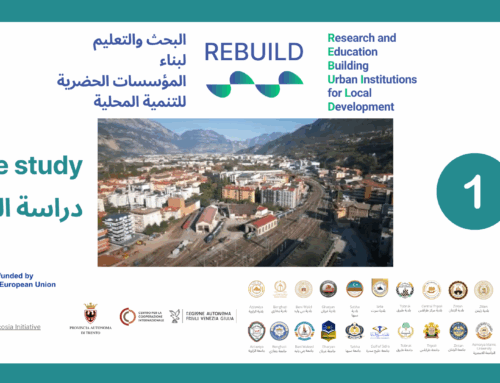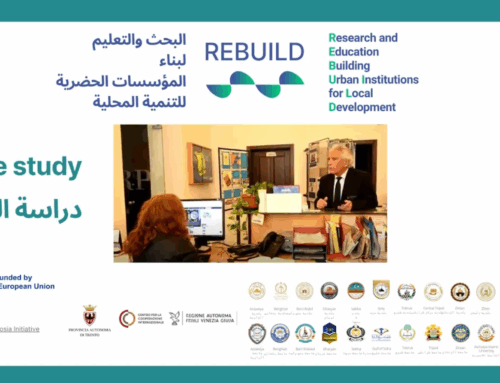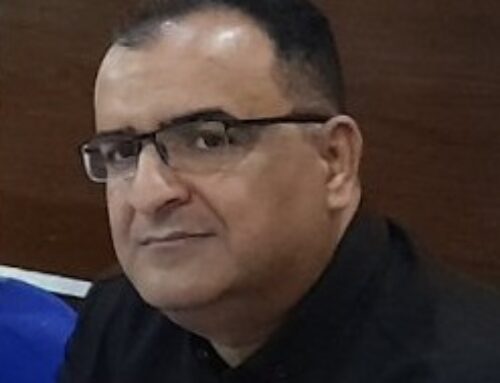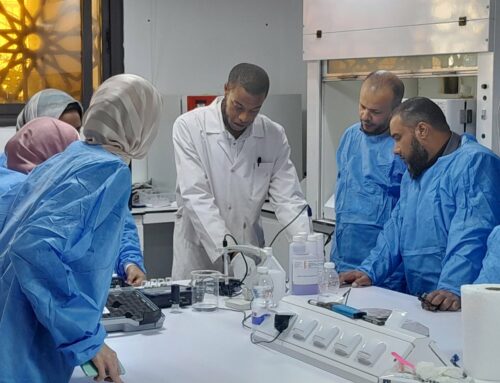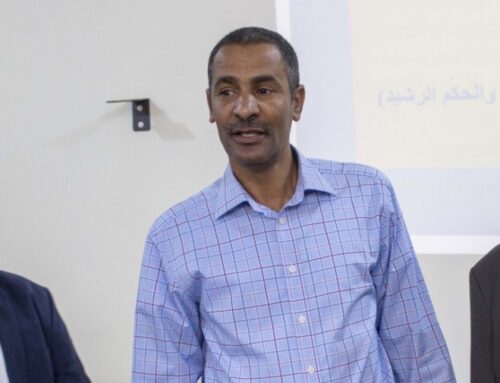Stefano Rossi, REBUILD Operational Manager, International Cooperation Centre
The notion and practices within international development cooperation are linked with projects and medium to short term activities. Within this framework, international development cooperation actors should work toward the activation of processes, which can last beyond the project. REBUILD approach is based on this awareness and seeks to build consensus on the way towards well-being for the people living in our territories.
Although “development” is a universally understood term, it lacks a clear definition. Development is at once about people and states, about opportunity and outcomes, about productivity and sustainability, about power (in)balances and about freedoms that empower and institutions that impose rules. There is no straightforward prioritization and sequence of interventions to be undertaken by external actors or a simple process for monitoring progress.
Development addresses challenges, at social, economic and environmental levels such as deterioration of the environment, job insecurity, the uncontrolled expansion of cities, the crisis of democratic institutions, the rejection of social value systems by an increasing number of people, economic and financial imbalances. These issues have three characteristics in common: impact at global level, complexity, and interaction between them, which makes it impossible to address them separately. Not even the largest and strongest states are able to effectively tackle these issues on their own. Least of all local authorities, such as municipalities. The effects of these global dynamics are visible at the local level and require well-coordinated action and a long-term perspective which goes beyond project boundaries.
The REBUILD project fits into this mesh of relations and seeks to make its contribution in 12 territories around the Mediterranean: 10 Libyan cities and 2 European local authorities. With this contribution, the REBUILD Project Management Unit in Trento (PMU) expresses its awareness that the project represents a small contribution within complex processes that require the action of many actors and a long-term time perspective. This is why our approach has been to carry out the activities foreseen by the project with an eye to the broader and more complex dynamics, as far as we are able to do so. That is, in dialogue with some of the actors in the territories where we work. Some processes have been set in motion in this first year and a half of project implementation: training format and activities are in place, REBUILD community of practice have been set up within local authorities at the political (mayors) and technical (project managers and media officers) levels as well as within universities (project officers and assistants); the definition of common tools for action and for communication, a connection with the national level (Supreme Council for Local Administration) in terms of training, a common understanding of what local development can look like.
And we count on consolidating and improving them over the next two and a half years.
—
Read the other articles of the second newsletter:
1. Local Admonistration and citizens governing their territory – Giovanni Gardelli, Director General, Unit for the Coordination of Local Authorities, Regional and Mountain Policies, Autonomous Province of Trento
2. The Nicosia Initiative: A Way When There Was No Way – Benedetta Oddo, Nicosia Initiative Coordinator
3. Overview of the role of universities in enhancing the efficiency of municipalities – Dr. Khaled Souissi, Project Officer, University of Zintan
5. Experiential Learning for the training of agents of local development: PROFADEL – Arnaldo Serna, Coordinator of the PROFADEL International Network

